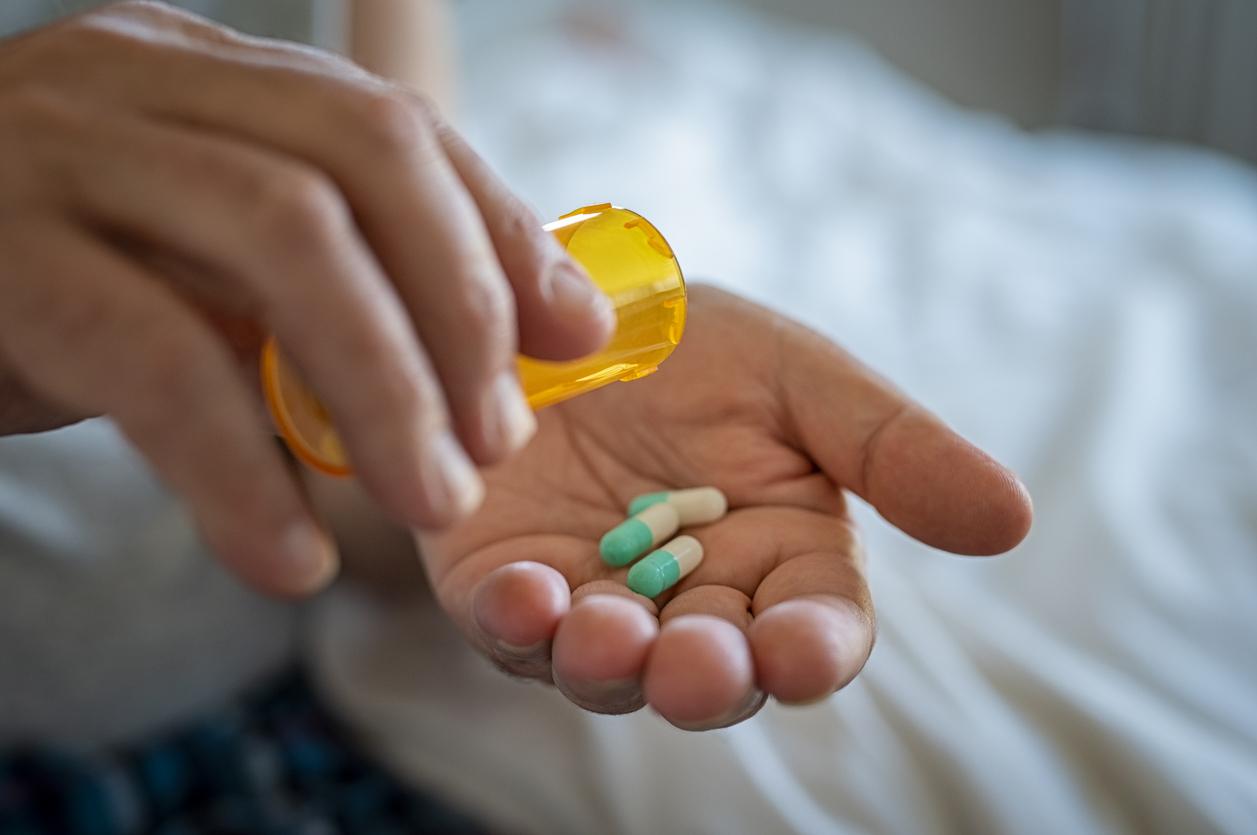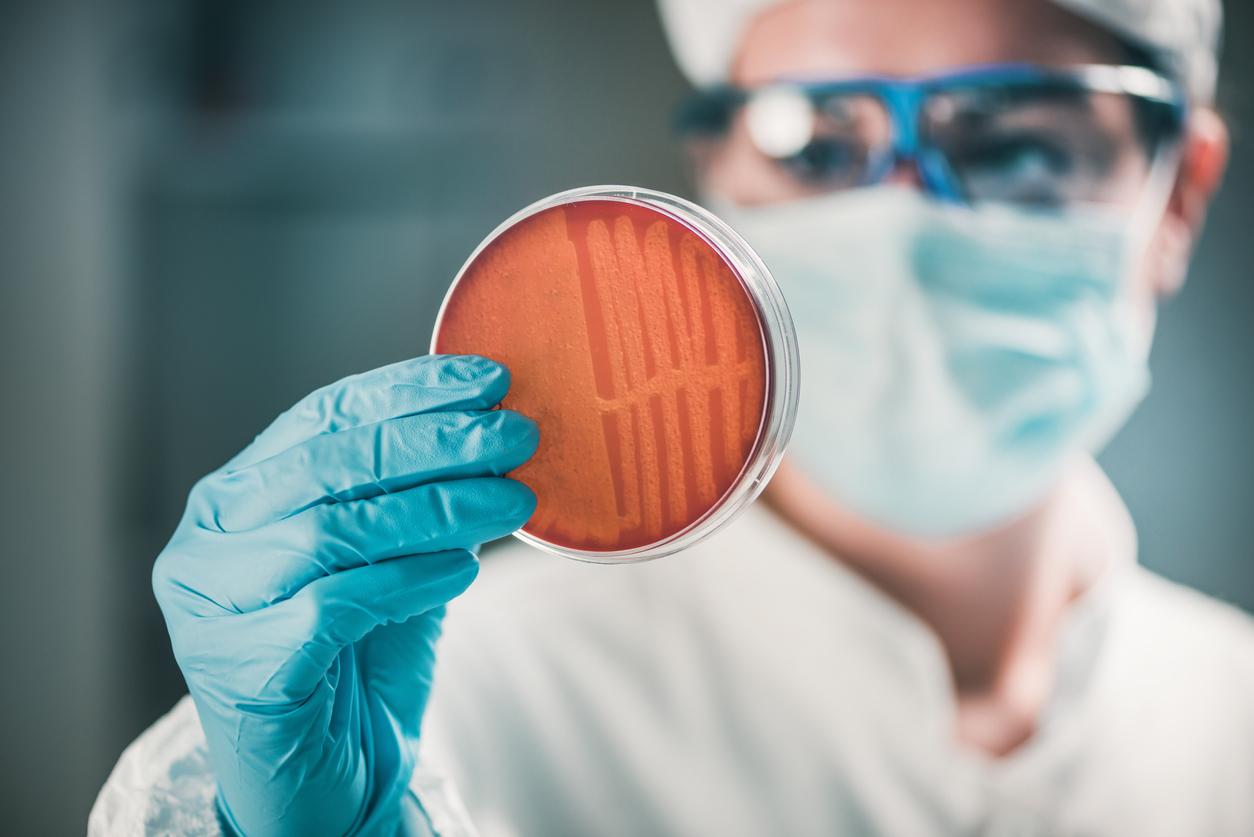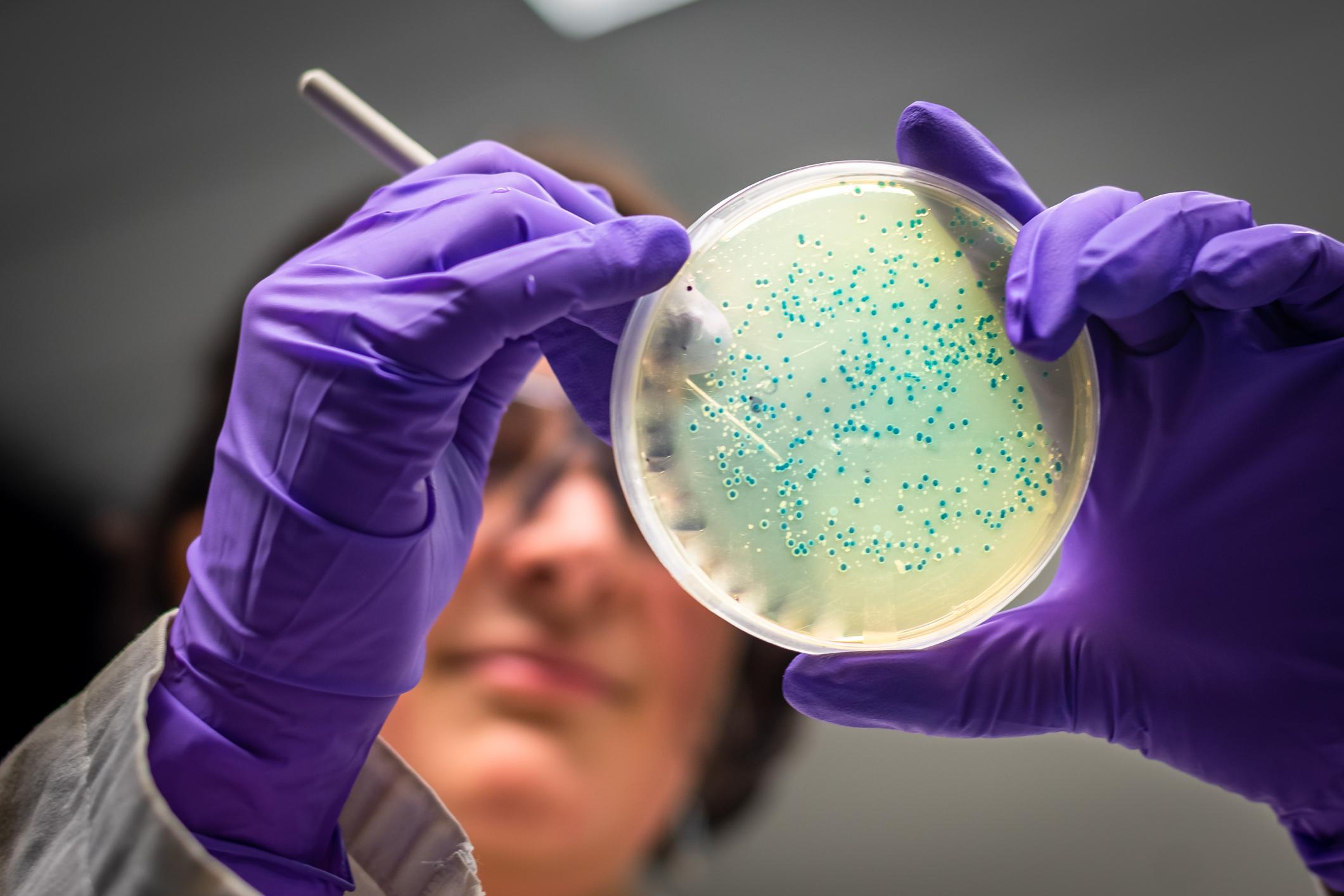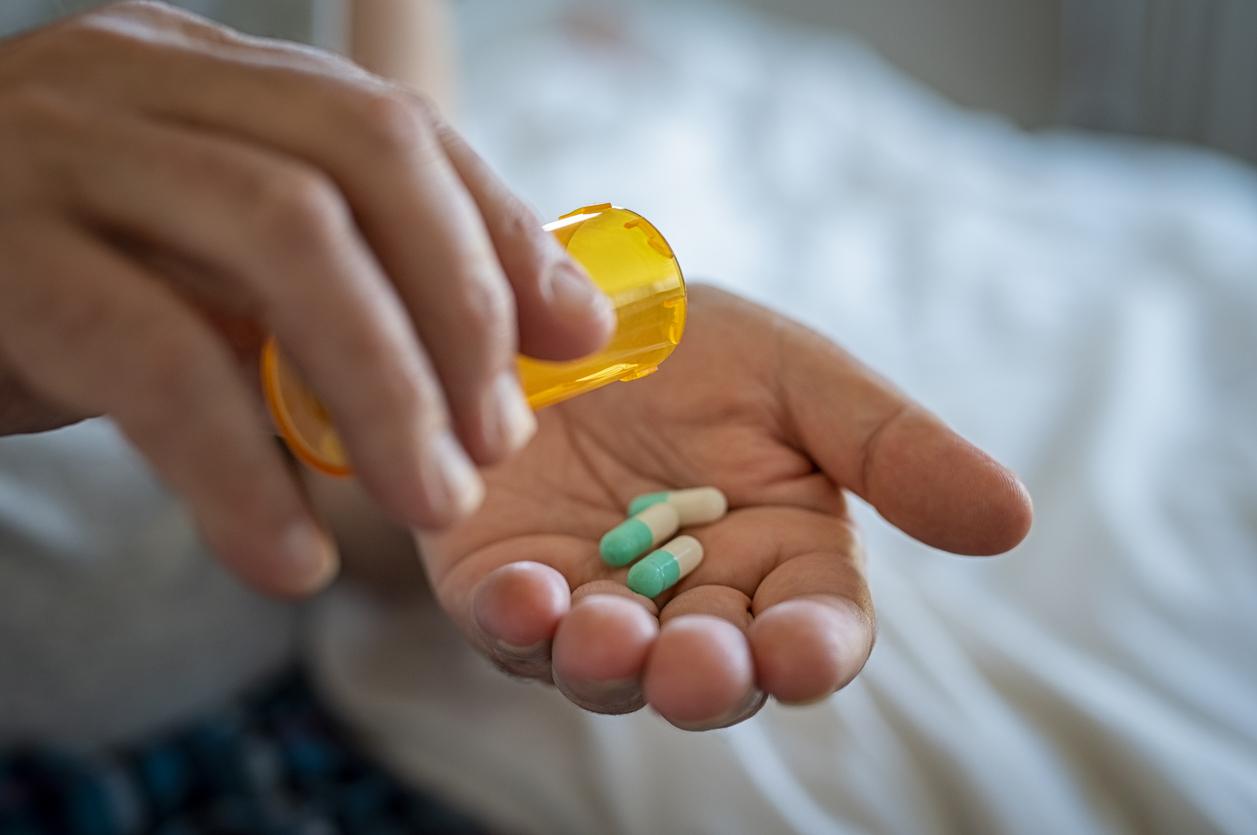One-third of prescriptions written by dentists are unnecessary. According to a study, this participates in the spread of multidrug-resistant bacteria.
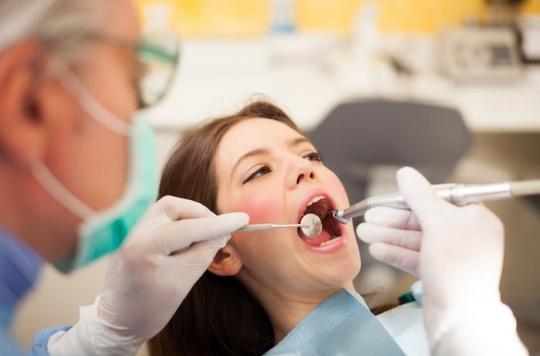
Antibiotics prescribed by dentists would contribute to the emergence of bacterial resistance in Clostridium difficile, a strain responsible for severe nosocomial digestive infections, reports a study presented at ID Week 2017, the annual meeting of the American Society of Infectious Diseases. It also emphasizes that a majority of these requirements are considered unnecessary.
Infection with It’s hard is contracted in hospitals or retirement homes. Since 2005, several epidemics have been identified in the United States, Canada and Europe. France has not been as affected as its English or Dutch neighbors, but the strain responsible for these outbreaks has been isolated in several health structures.
But according to the work of the Minnesota State Department of Health and the American Centers for Disease Prevention and Control (CDC), It’s hard does not only infect hospitalized patients.
Recommendations not followed
Analyzing data from 1,700 patients with this infection who were not admitted to hospital between 2009 and 2015, doctors found that 15% of them had received antibiotics from their doctor. Dentiste. Clindamycin, an antibiotic associated with resistance in It’s hard, was the most prescribed drug.
For nearly a third of patients, oral care did not require antibiotic treatment, the authors noted. In other words, these tooth specialists would not have followed the recommendations.
“It is important for dentists to know the impact of prescribing antibiotics, including the impact on It’s hard, commented Stacy Holzbauer, work manager and epidemiologist at CDC and the Minnesota Department of Health. They write more than 24.5 million prescriptions for antibiotics per year (in the United States, editor’s note). It is essential that they improve their practice. “
A collective concern
The specialist also indicated that “reducing the prescription of antibiotics in town by at least 10% would make it possible to reduce the rates of It’s hard outside hospitals by 17% ”.
In France, the worrying development of antibiotic resistance has led learned societies and health authorities to review their recommendations on the prescription of antibiotics in dentistry. They specify that prophylactic antibiotic therapy should be reserved for patients at risk of infectious endocarditis, inflammation of the heart, or for any act that involves manipulation of the gum like scaling. The prescription period has been drastically reduced: it is now limited to a single dose in the hour preceding the operation.
Watch the program L’Invité Santé from December 15, 2016 with Prof. Patrice Courvalin on antimicrobial resistance
These American studies once again illustrate the need to reserve antibiotics for the situations for which they are most necessary. They also show how the unreasonable use of these precious drugs affects the whole population.
International health authorities estimate that antibiotic resistance could kill more than 10 million people by 2050, more than cancer, if this phenomenon is not contained.
.









